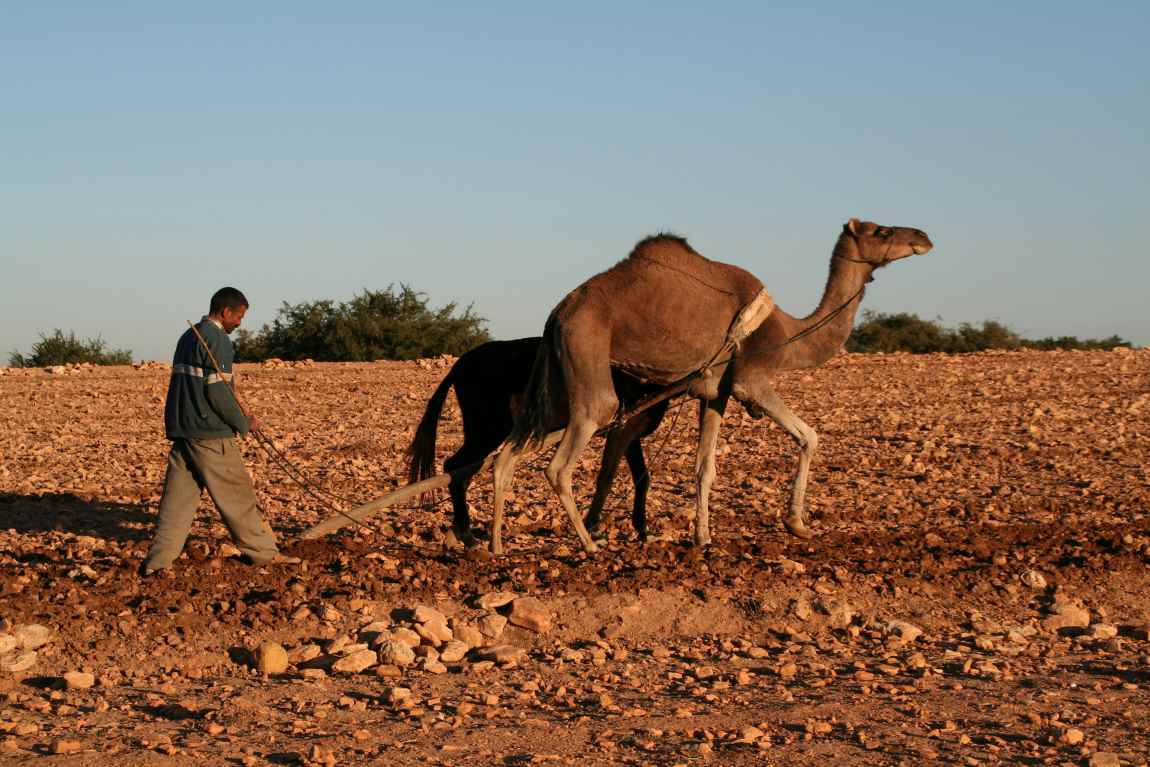The private sector has been called to action as the world faces economic losses of up to $23 trillion by 2050 due to widespread land degradation. At the UN Convention to Combat Desertification (UNCCD) COP16 conference in Riyadh, Saudi Arabia, business leaders discussed strategies to integrate sustainable land management into corporate and financial operations.
The UN has highlighted that nearly 40% of the world’s land is already degraded, reducing its biological and economic productivity. Meanwhile, the frequency and intensity of droughts have surged by almost 30% since 2000, threatening agriculture, water security, and livelihoods. UNCCD Executive Secretary Ibrahim Thiaw stressed the need for private sector involvement, calling it critical for halting these trends.
“Shifting towards nature-positive operations, supply chains, and investments is not only about environmental sustainability but about the long-term profitability and resilience of businesses,” Thiaw said at the Business 4 Land Forum. He urged businesses to address their environmental impact, invest in land restoration, and collaborate with governments and civil society.
Members of the Business 4 Land (B4L) initiative, UNCCD’s flagship program for private sector engagement, are focused on restoring 1.5 billion hectares of degraded land by 2030 to meet Land Degradation Neutrality targets. The initiative emphasizes three key areas: integrating sustainability into business operations, financing land restoration, and fostering cross-sector collaboration.
Philippe Zaouati, CEO of MIROVA sustainable investment fund, stressed the economic opportunities in transforming value chains to embrace sustainable practices. “Companies stand to gain significantly by transforming their value chains to incorporate sustainable practices, not only to reduce their impact on nature but also to seize economic opportunities,” Zaouati said, adding that “mobilizing funding for land restoration requires a concerted effort by the public and private sectors.”
Progress was evident during the conference’s initial days, with over $12 billion pledged for land restoration projects. Commitments include $10 billion from the Arab Coordination Group, $1 billion each from the OPEC Fund and the Islamic Development Bank, and $150 million from Saudi Arabia to operationalize the Riyadh Global Drought Resilience Partnership.
Henri Bruxelles, Chief Sustainability Officer at Danone, underscored the importance of collaboration. “Collaborating across sectors of society is vital to address the intertwined climate and water challenges… to build a sustainable food system,” he said.
Article Source:
Press Release/Material by UN
Featured image credit: Pablo RAMON | Pexels




